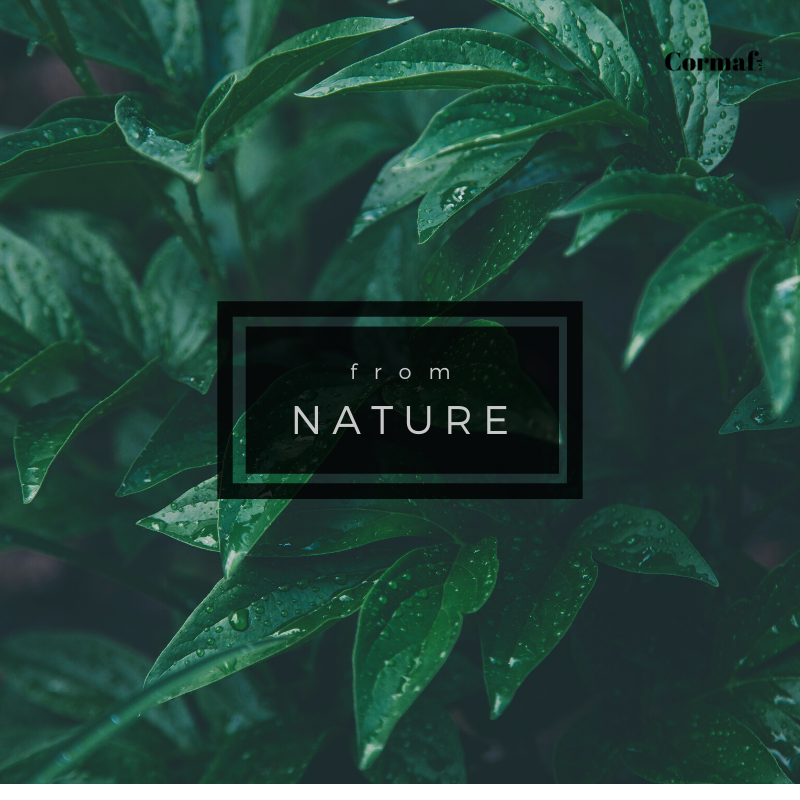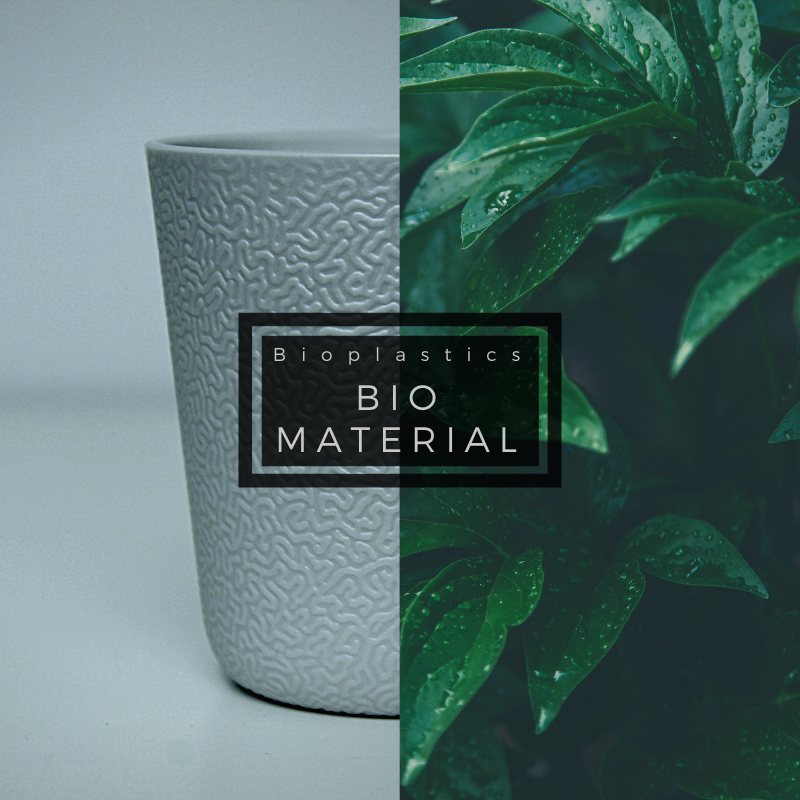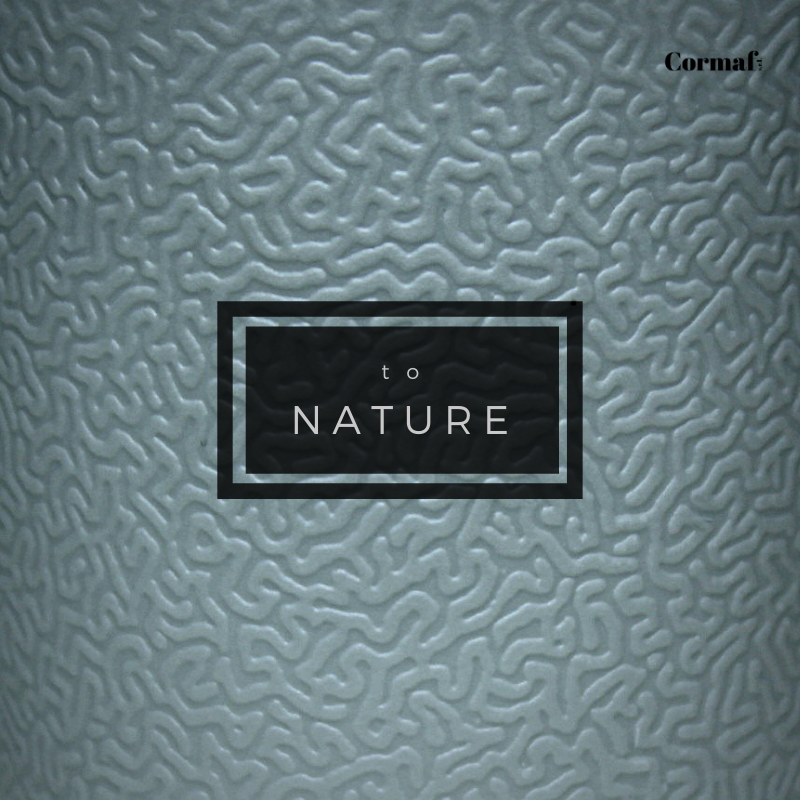Bioplastics make up a small part of the plastics category which have had a significant growth rate in recent years. This term refers to all the plastics of renewable origin and biodegrable and compostable ones. Let’s now clarify the meaning of the prefix “Bio”.
The term “Bioplastic” is used in various contexts with at least 3 different meanings:
1
“Bio” as the origin of the raw materials used.
2
Presence of a “bio” functionality: biodegradability.
3
Presence of a “bio” functionality: biocompatibility.
It can derive (partially or entirely) from biomass and not be biodegradable (for example: bio-PE, bio-PP, bio-PET), or it can derive entirely from non-renewable raw materials and be biodegradable (for example: PBAT, PCL, PBS) or can still derive (partially or entirely) from biomass and be biodegradable (for example: PLA, PHA, PHB, starch-based plastics).
The material we propose is that deriving from biomass and which is biodegradable. PLA (POLYLACTIC ACID) is an innovative bioplastic produced by NatureWorks Ingeo. It is a material derived from the transformation of sugars present in corn, beet, sugar cane and other natural and renewable materials and not derived from oil (unlike traditional plastic). However, this material is too “soft” and does not give the products the “strength” and “hardness” that is required by normal plastic materials.
This feature is remedied by adding glass fibers to the polymer matrix which therefore allow for an ideal “Blend” for molding (molding and usual molds used with all normal thermoplastics, without risk of mold deterioration)



RECYCLING
PLA is biodegradable and compostable therefore it degrades rapidly in the soil once the necessary temperature and humidity conditions are reached. The glass fibers, on the other hand, degrade after about 180 days in the soil once the necessary temperature and humidity conditions have been reached (data relating to articles with a thickness of 2 mm).
MATERIAL COMPATIBILITY
The study and chemistry of these materials are recent so it is a category of plastics that are still under development and testing. For each type of article it is possible to suggest a particular type of mixture (plastic matrix and glass fibers in different%) and carry out specific tests in order to choose the best material that suits the needs of the product to be made.
CERTIFICATI
– Ok compost
– Certification for food contact approved in EU (applicable to specific product classes)
Find out if your product is compatible with this material! Contact us for a no-obligation consultation!
